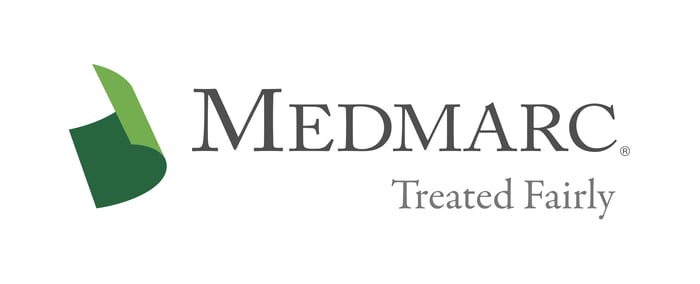DOJ to Ramp up Scrutiny of Clinical Trial Fraud
The U.S. Department of Justice has recently announced several actions in connection with alleged clinical trial fraud, but going forward, this point of emphasis will not be incidental for federal prosecutors. According to deputy assistant attorney general Arun Rao, several recent enforcement actions represent only the beginning of this focus as DOJ expects to bring more such enforcement action over the course of 2022.
Rao’s Dec. 9, 2021, remarks to the Food and Drug Law Institute (FDLI) highlighted the activities of the Consumer Protection Branch, which includes defending the FDA in litigation filed against the agency. He said fraud perpetrated in connection with the COVID-19 pandemic will continue to be a point of emphasis in 2022, and that investigations of pharmaceutical companies will not slack in the year ahead. The focus in on pharmaceutical companies will revolve in part around distribution of adulterated and/or misbranded products marketed for treatment or prevention of COVID-19.
DOJ was already cracking down on clinical trial fraud before Rao’s appearance at the FDLI meeting. One example of this is the Oct. 26, 2021, announcement regarding a clinical study coordinator who entered a guilty plea for mail and wire fraud. Among the charges was that data were falsified to indicate that some individuals were taking part in the study when this was not the case. Another case announced by DOJ in March 2021 involved data fabrication for non-existent patients in a pharmaceutical trial.
Rao said that such fraud poses substantial risks to the public, given the FDA’s reliance on those data to determine whether a drug or a device should be granted market access. Physicians also rely on clinical trial data to select therapies for their patients, Rao stated. He said the two cases announced by DOJ represent “only a sample” of the department’s activities in the area of clinical trial fraud.
FDA Releases Device Shortages Draft Guidance
For a number of years, the FDA has had the authority to require that pharmaceutical manufacturers notify the agency of any impending shortages, but now the agency has that authority for medical devices and diagnostics as well. That authority is limited to products that would be needed in public health emergencies, but a new draft guidance states that a failure to comply with this policy could lead to issuance of a publicly available enforcement letter.
While the FDA had previously advanced a policy regarding shortages of products designated as critical for the response to the COVID-19 pandemic, the Coronavirus Aid, Relief and Economic Security (CARES) Act of 2020 made this authority permanent. The CARES Act added Section 506J to the Food Drug and Cosmetic Act, and this FDA draft guidance is an attempt to formalize that authority.
This authority includes the right to issue a letter to any maker of devices or diagnostics for failure to notify the agency of an ongoing or upcoming shortage. The FDA is not referring to these letters as warning letters, and one key difference is that recipients of shortage letters have 30 business days to respond to the letter. That’s twice the 15 days allowed for responding to a warning letter. The draft guidance states that the agency will post these letters to its website within 45 days of the date of the letter.
The conditions under which the FDA would be empowered to require such information vary, but the draft suggests that it is up to manufacturers to determine when these requirements apply. Among the circumstances that would impose a reporting requirement is when that device or diagnostic is likely to be in higher demand during a public health emergency, although the FDA stated that it would continue the practice of posting a list of items for which shortage reporting requirements apply.
Manufacturers would have to report any shortages or interruptions in production at least six months in advance of that shortage or production interruption. If this proves impracticable, the manufacturer must contact the agency no later than seven days after a manufacturing disruption occurs, the same time frame as for products the manufacturer voluntarily stops making.
Manufacturers need not have all the required information to file a notification of shortage or cessation of manufacturing, as the reporting mechanism permits updates. However, manufacturers should not assume that a declaration of public health emergency is the only trigger for this reporting requirement, given that the draft states that any use of inventory from the National Strategic Stockpile would also qualify.
For additional resources contact the Marketing department
Phone: 888-633-6272
Medmarc is a member of ProAssurance Group, a family of specialty liability insurance companies. The product material is for informational purposes only. In the event any of the information presented conflicts with the terms and conditions of any policy of insurance offered from ProAssurance, its subsidiaries, and its affiliates, the terms and conditions of the actual policy will apply.
Copyright © 2024 - Medmarc
